Summaries of books about Politics & Social Sciences:
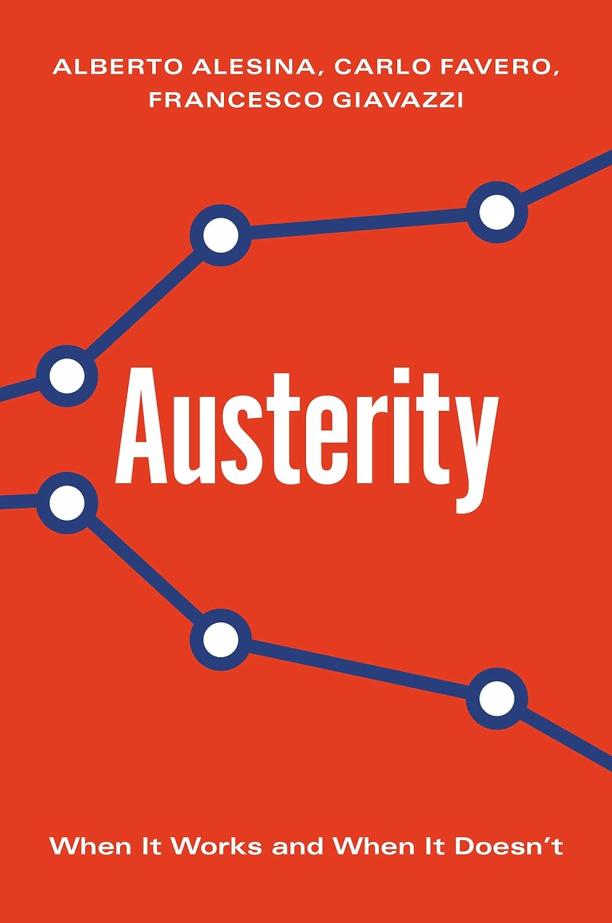
Austerity
When It Works and When It Doesn't
Alberto Alesina|Carlo Favero|Francesco Giavazzi
The book examines the economic policy of austerity through empirical data, analyzing its effects on debt reduction and economic growth across different countries. It challenges the conventional wisdom that fiscal consolidation is always harmful to economies, arguing that austerity can be effective when focused on spending cuts rather than tax increases, and when implemented during periods of economic growth.
See full summary
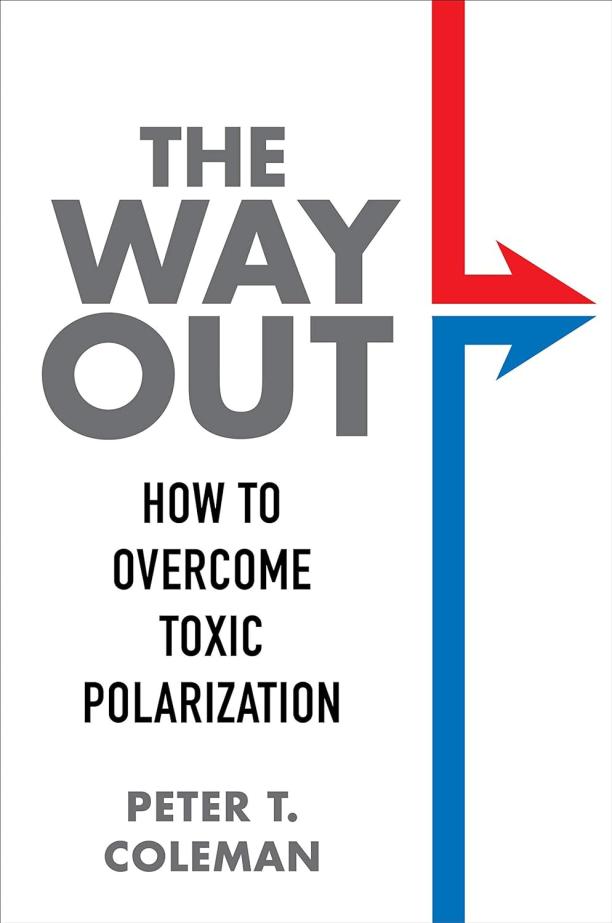
The Way Out
How to Overcome Toxic Polarization
Peter T. Coleman
The book presents an analysis of the underlying causes of societal divisions and offers practical strategies for individuals to navigate and reduce toxic polarization. It combines insights from psychology, political science, and conflict resolution to guide readers toward more constructive dialogue and understanding.
See full summary
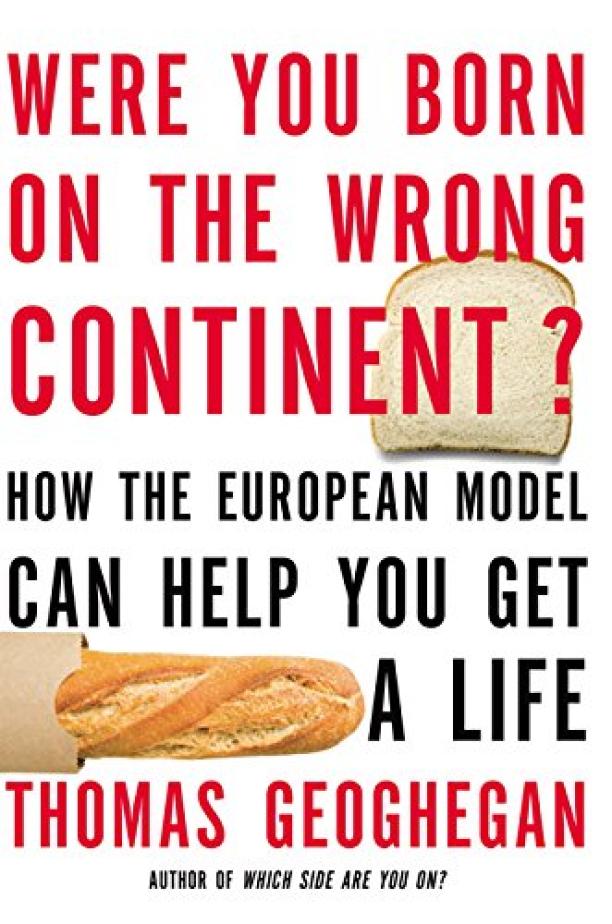
Were You Born on the Wrong Continent?
How the European Model Can Help You Get a Life
Thomas Geoghegan
The book explores the differences between American and European social and economic models, particularly focusing on how European policies like shorter work hours, longer vacations, and robust social services might lead to a higher quality of life. It presents an argument for the United States to consider adopting aspects of the European social model to improve the work-life balance and overall well-being of its citizens.
See full summary
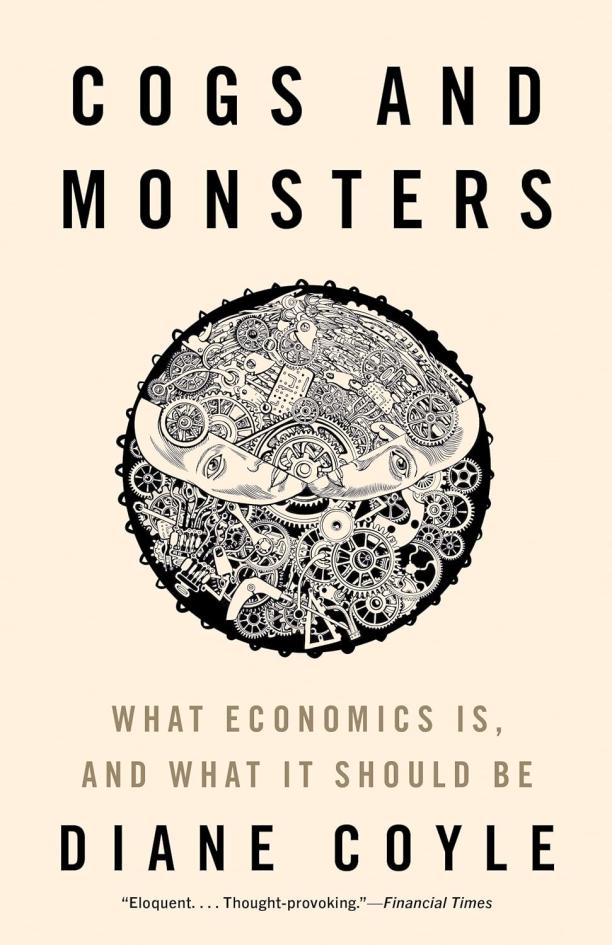
Cogs and Monsters
What Economics Is, and What It Should Be
Diane Coyle
The book critically examines the current state of economics, highlighting its failure to address pressing issues like technological change and inequality. It advocates for a reformed economics discipline that embraces a broader set of tools and perspectives to better tackle the challenges of the 21st century.
See full summary
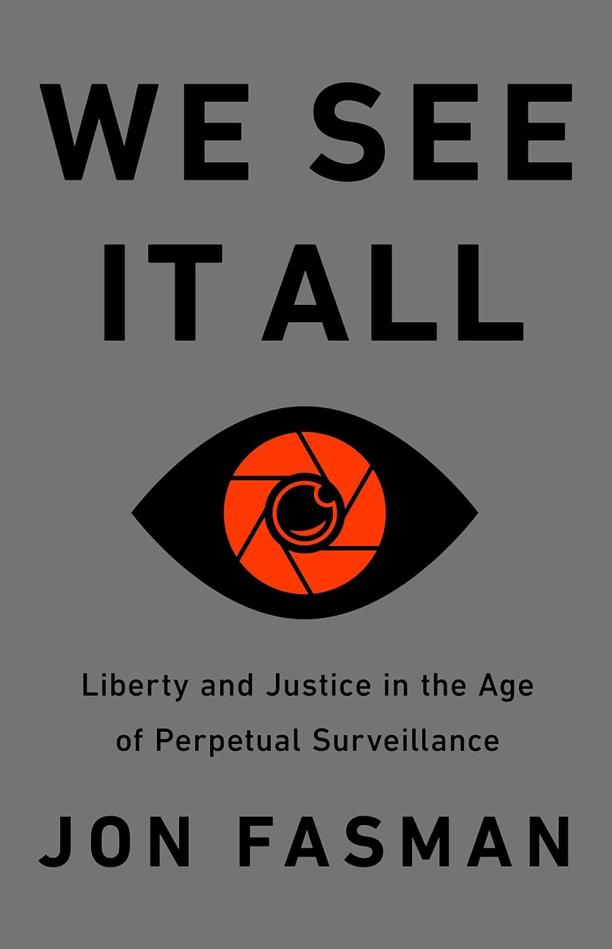
We See It All
Liberty and Justice in an Age of Perpetual Surveillance
Jon Fasman
The book explores the impact of surveillance technology on privacy and civil liberties, examining how governments and law enforcement use tools like facial recognition and predictive policing. It delves into the ethical and legal challenges these technologies pose to democratic societies and individual freedoms.
See full summary
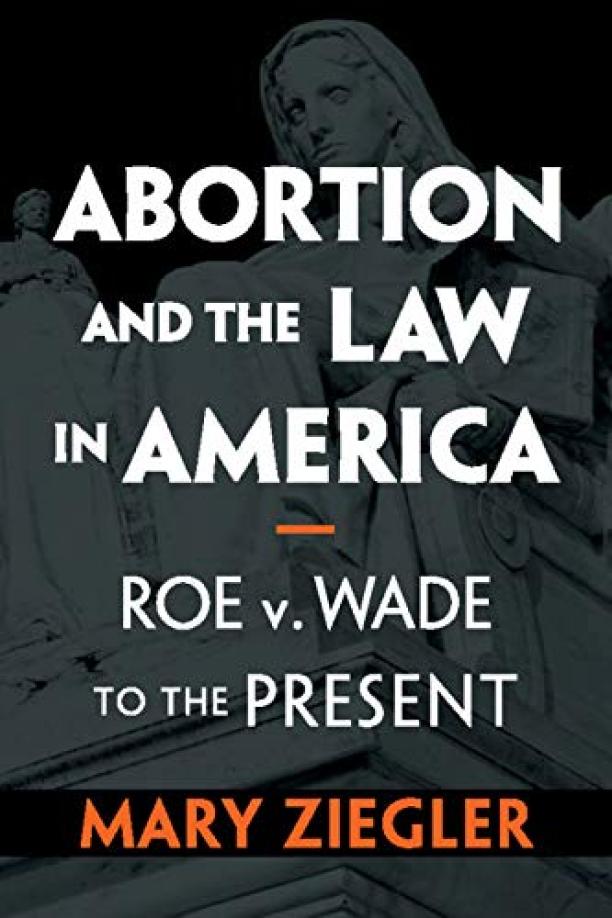
Abortion and the Law in America
Roe v. Wade to the Present
Mary Ziegler
The book provides a detailed history of abortion law in the United States, tracing the evolution of the debate from the landmark Roe v. Wade decision through subsequent legal battles and political shifts. It examines how activists, courts, and lawmakers have shaped abortion rights and restrictions, reflecting on the changing landscape of reproductive justice and the ongoing controversies surrounding it.
See full summary
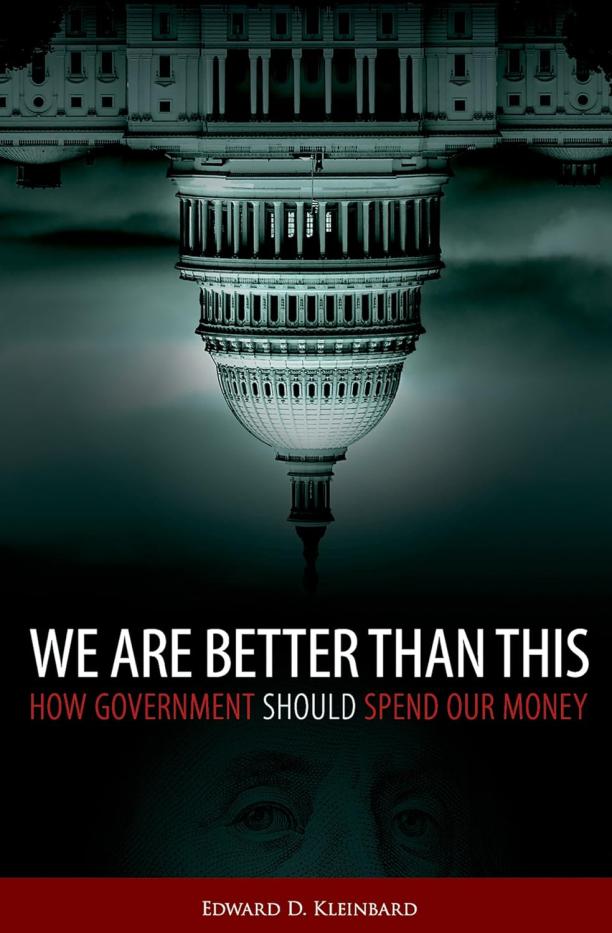
We Are Better Than This
How Government Should Spend Our Money
Edward D. Kleinbard
The book examines the United States government's budget and tax system, arguing that the country's fiscal policy should be reformed to better reflect the collective values and priorities of its citizens. It offers a detailed analysis of how government spending and taxation can be used more effectively to promote economic growth, reduce inequality, and enhance the well-being of all Americans.
See full summary
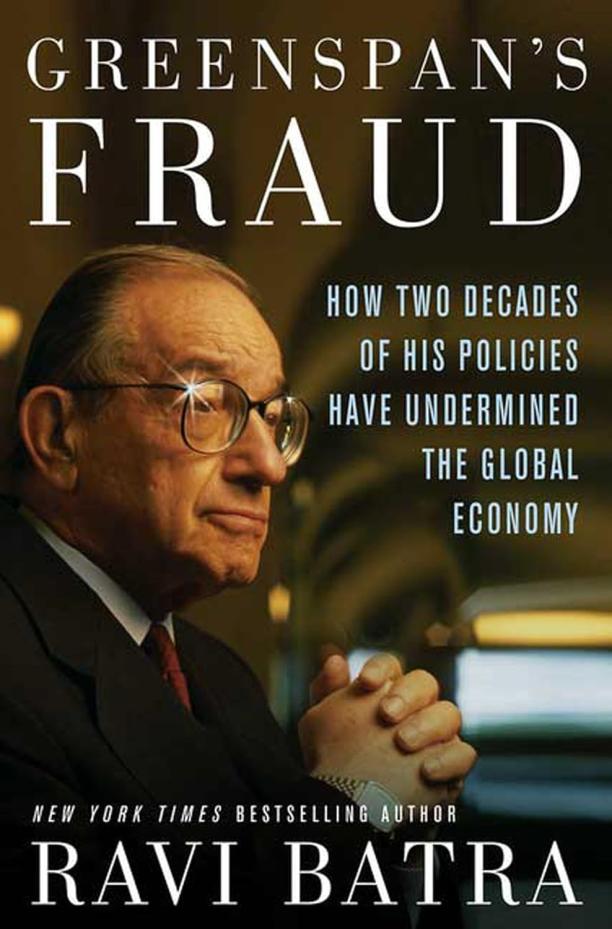
Greenspan's Fraud
How Two Decades of His Policies Have Undermined the Global Economy
Ravi Batra
The book critically examines the economic policies of former Federal Reserve Chairman Alan Greenspan, arguing that his approach led to financial crises and income inequality. It presents a case that Greenspan's deregulatory stance and monetary policy decisions were detrimental to the stability and fairness of the global economy.
See full summary
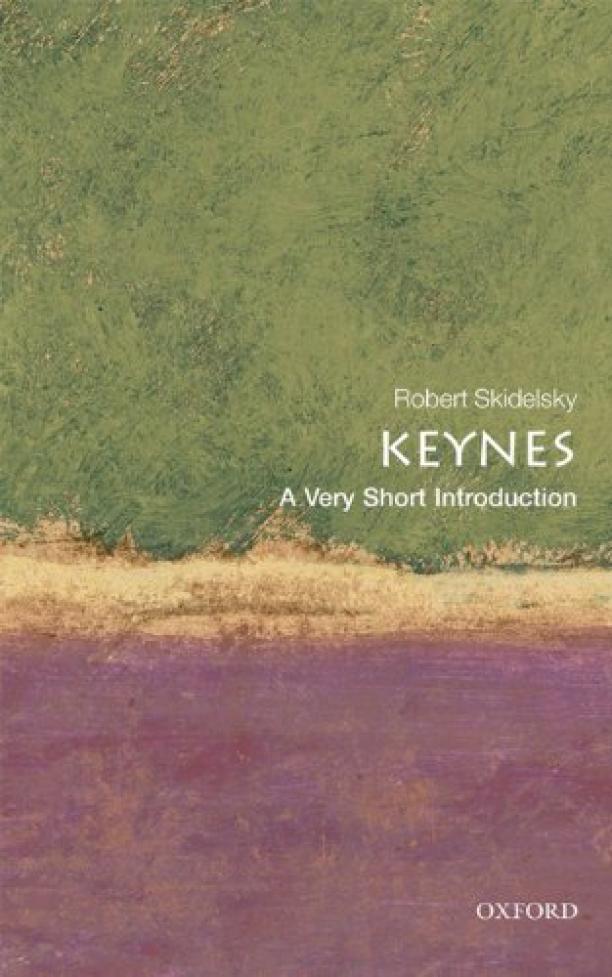
Keynes
A Very Short Introduction
Robert Skidelsky
The book provides a concise overview of the life and work of the influential economist John Maynard Keynes, exploring his theories on how governments should manage economies, particularly during times of financial crisis. It delves into his contributions to macroeconomic thought, his role in shaping post-war economic policies, and his lasting impact on economic practices and policymaking.
See full summary
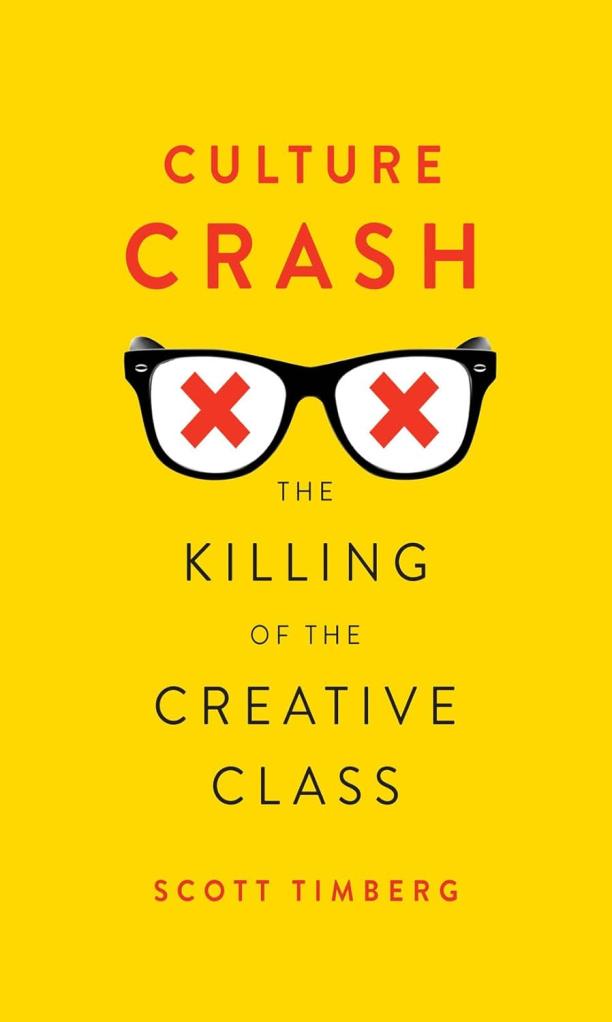
Culture Crash
The Killing of the Creative Class
Scott Timberg
The book examines the decline of the middle-class creative professionals, attributing it to economic and technological changes that have disrupted traditional paths to a sustainable artistic career. It explores the impact on various fields, including music, publishing, and journalism, and discusses the broader cultural implications of this shift.
See full summary